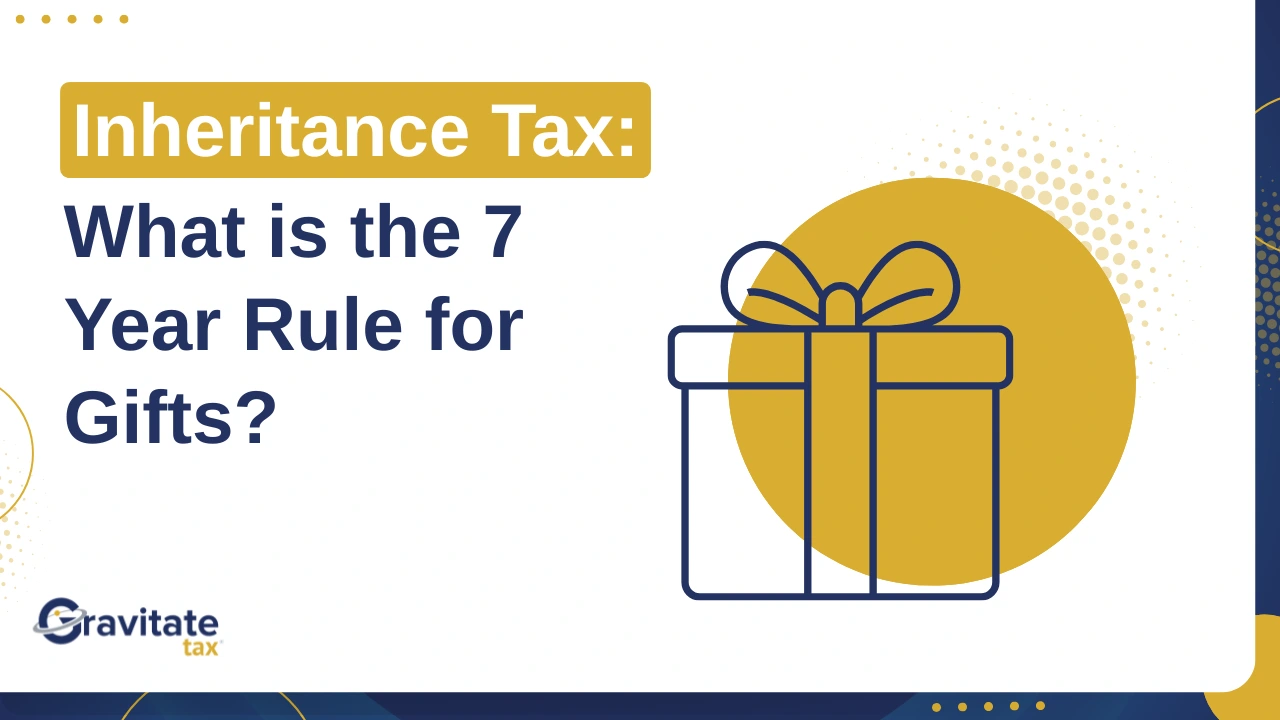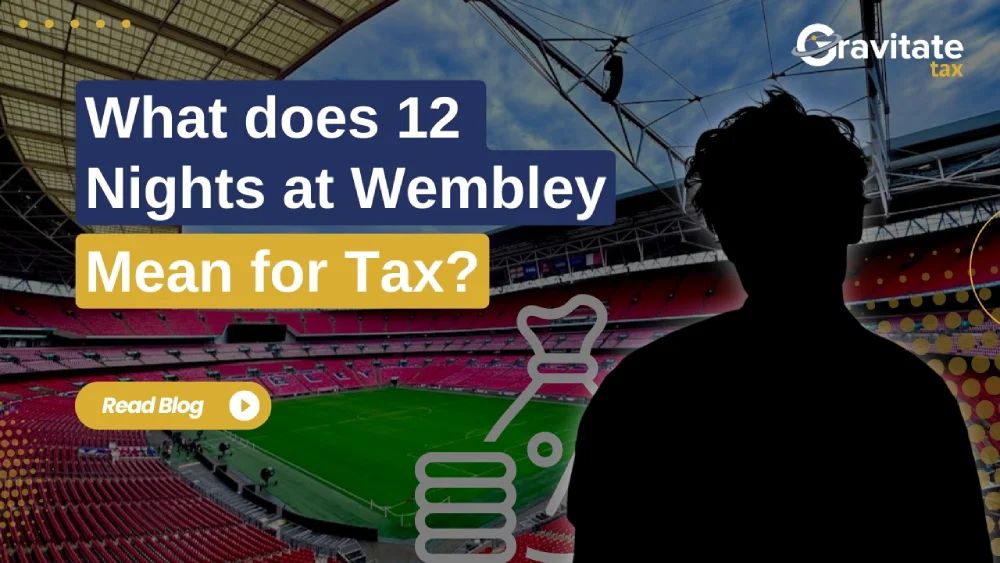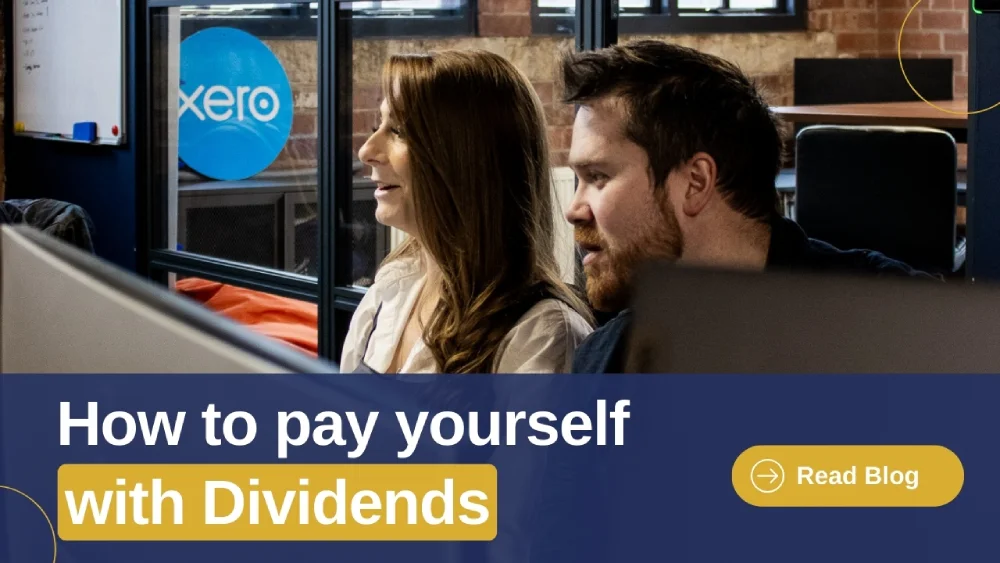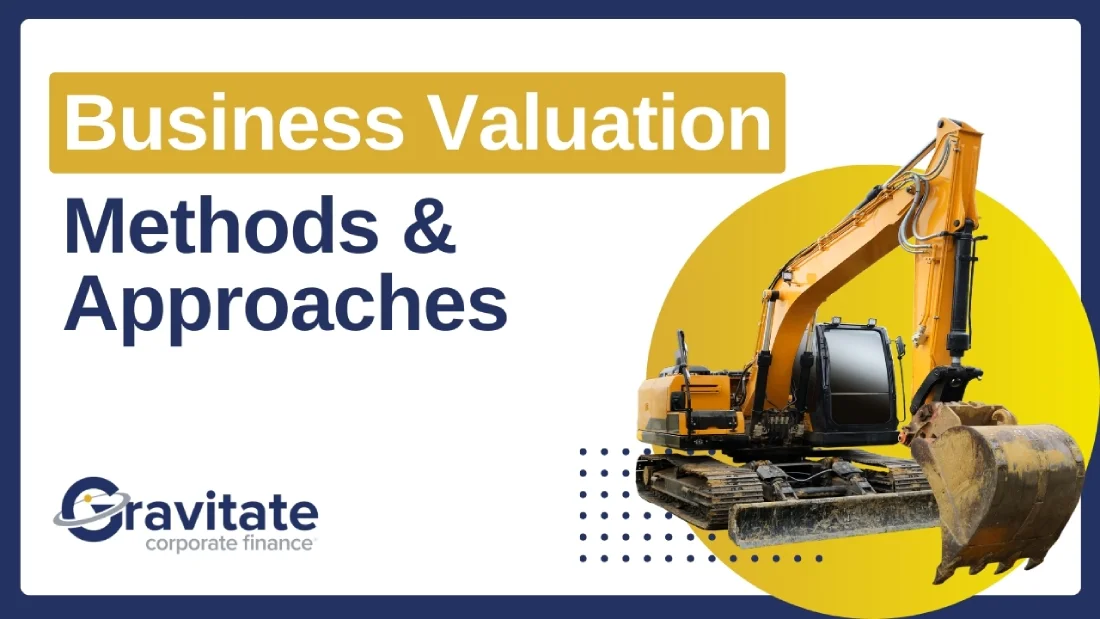If you are a landlord, VAT (Value Added Tax) is something you should be fully aware of. The rules and regulations surrounding VAT can be complex, and having a solid understanding of them is essential to ensure you remain compliant while also making the most of any opportunities available to you. Many landlords overlook VAT implications, but getting it right can have a significant impact on your finances.
Why VAT matters for landlords
VAT can have a material impact on a landlord’s cash flow, pricing, and compliance obligations. Failing to understand how VAT applies to rental income and property-related costs can lead to missed recovery opportunities or unexpected liabilities. By understanding the rules early, landlords can make informed decisions that protect profitability and ensure ongoing compliance with HMRC requirements.
How does VAT on rental income
VAT is a tax charged on most goods and services in the UK, and landlords are no exception. While residential property rental is typically exempt from VAT, commercial property rentals can fall under VAT rules. As a landlord, you may be required to register for VAT on rental income if your annual turnover from renting out your property exceeds £90,000. Once registered, you will need to charge VAT on your rental income and submit VAT returns to HMRC.
What is the Option to Tax?
For landlords of commercial properties, an alternative approach known as the Option to Tax may be available. This allows you to elect whether VAT is charged on your rental income. If you choose to opt to tax, you will be required to charge VAT on rents; however, a key benefit is the ability to reclaim VAT incurred on property-related costs, including maintenance, refurbishment, and professional fees.
As a result, the Option to Tax can be a valuable mechanism for recovering VAT on significant expenditure, particularly where substantial property improvements are planned. Nevertheless, this election carries long-term implications and should be considered carefully, as it may not be appropriate in all circumstances.
Backdated VAT for landlords
It is important to remember that opting to tax is an irrevocable decision that applies to the property for at least 20 years. Additionally, you may become liable for backdated VAT if the rules have not been followed correctly. To avoid unexpected liabilities or costly mistakes, it is strongly advised to seek guidance from an accountant or tax advisor before making this choice.
Potential drawbacks of Option to Tax
One potential downside of opting to tax is that you must charge all tenants VAT on their rent, even if they are not VAT-registered. For example, if you rent to smaller businesses, consultants, or startups that cannot reclaim VAT, this added cost could make your property less attractive to them. For this reason, it is worth carefully weighing up the benefits of reclaiming VAT on expenses against the potential impact on tenant demand and competitiveness.
Do residential landlords need to worry about VAT?
In most cases, residential rental income is exempt from VAT, meaning landlords do not need to charge VAT on rent or register for VAT solely due to residential lettings. However, this exemption does not apply universally, and certain types of residential arrangements or additional services may still bring VAT considerations into play.
Final thoughts
In conclusion, landlords whose annual rental turnover exceeds £90,000 may be required to register for VAT. In such cases, the Option to Tax can provide greater flexibility and potentially significant cost savings by allowing the recovery of VAT on property-related expenses. However, the decision to opt to tax should not be taken lightly. It is essential to carefully evaluate your individual circumstances and obtain professional advice, as an inappropriate choice can result in adverse and long-term financial implications.
VAT & Landlords - Full Video
Our Tax Director, Luke James, recently sat down with Sam Newton to discuss the most important aspects of VAT that landlords need to know.
How can Gravitate Accounting Help?
At Gravitate Accounting, we can guide you through the complexities of VAT on rental income and the Option to Tax, helping you weigh up your options and choose the path that best suits you, your business, and your tenants. We can also assist with VAT registration, compliance, and ongoing support to ensure everything runs smoothly.
If this is something you need assistance with, please get in touch using the form below!

.png)


.png)

.png)
.png)

.png)
.png)
.png)













.png)
.png)
.png)

.png)
.png)

.png)


.webp)
.webp)













.jpg)

.webp)
.png)

.svg)
